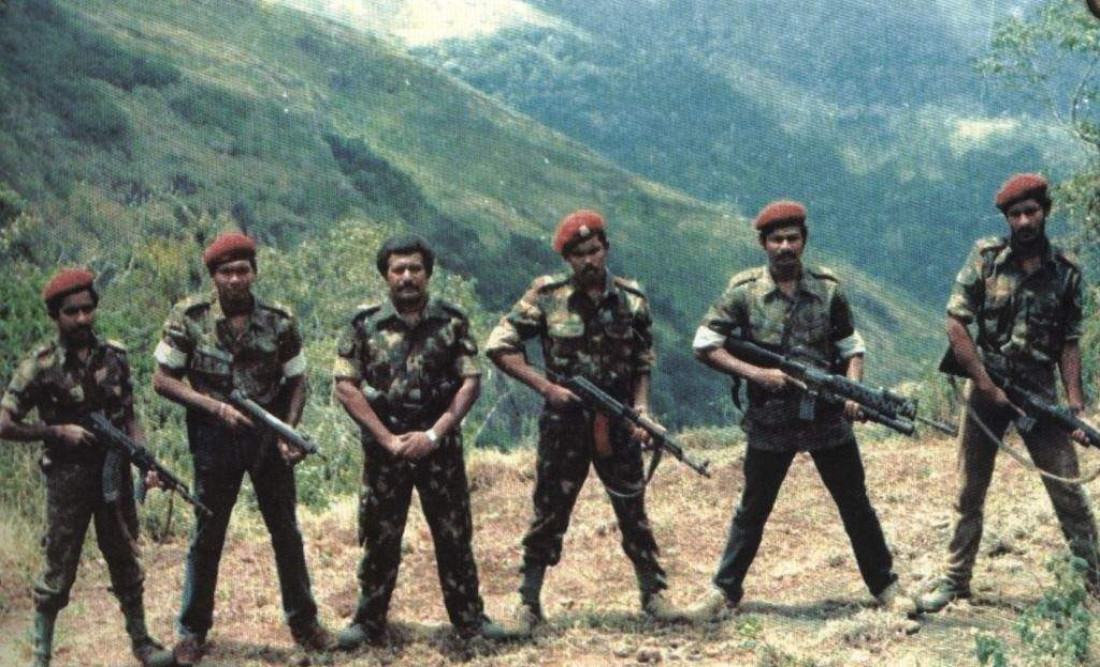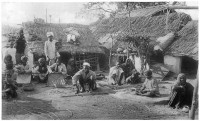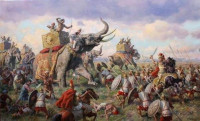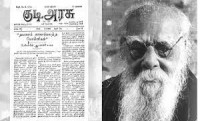What happened in Sri Lanka

In 1956, the year the states of India were reorganised on the basis of language, the Parliament of Sri Lanka (then Ceylon) introduced an Act recognising Sinhala as the sole official language of the country. This made Sinhala the medium of instruction in all state schools and colleges, in public examinations, and in the courts. The new Act was opposed by the Tamil-speaking minority who lived in the north of the island. “When you deny me my language,” said one Tamil MP, “you deny me everything.” “You are hoping for a divided Ceylon,” warned another, adding: “Do not fear, I assure you [that you] will have a divided Ceylon.” An Opposition member, himself Sinhala speaking, predicted that if the government did not change its mind and insisted on the Act being passed, “two torn little bleeding states might yet arise out of one little state”.
For several decades now, a civil war has raged in Sri Lanka, whose roots lie in the imposition of the Sinhala language on the Tamil-speaking minority. And another South Asian country, Pakistan, was
divided into two when the Bengali speakers of the east felt that their language was being suppressed.By contrast, India has managed to survive as a single nation, in part because the many regional languages were given freedom to flourish. Had Hindi been imposed on South India, in the way that Urdu was imposed on East Pakistan or Sinhala on northern Sri Lanka, India too might have seen civil war and fragmentation. Contrary to the fears of Jawaharal Nehru and Sardar Patel, linguistic states have not threatened the unity of India. Rather, they have deepened this unity. Once the fear of one’s language being suppressed has gone, the different linguistic groups have been content to live as part of the larger nation called India.











